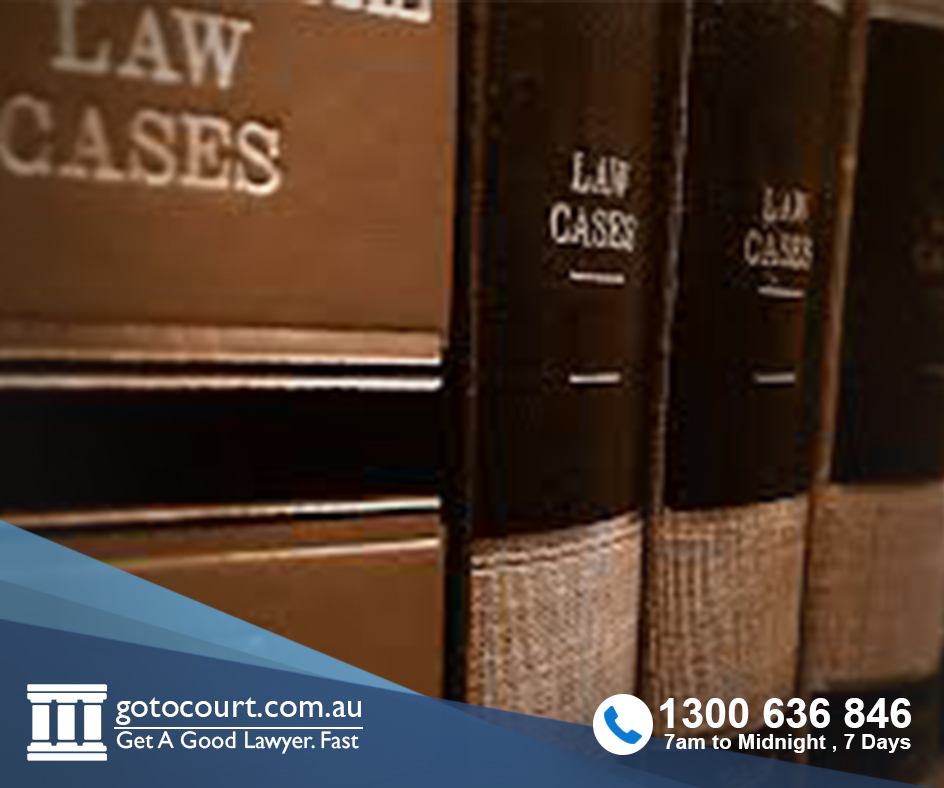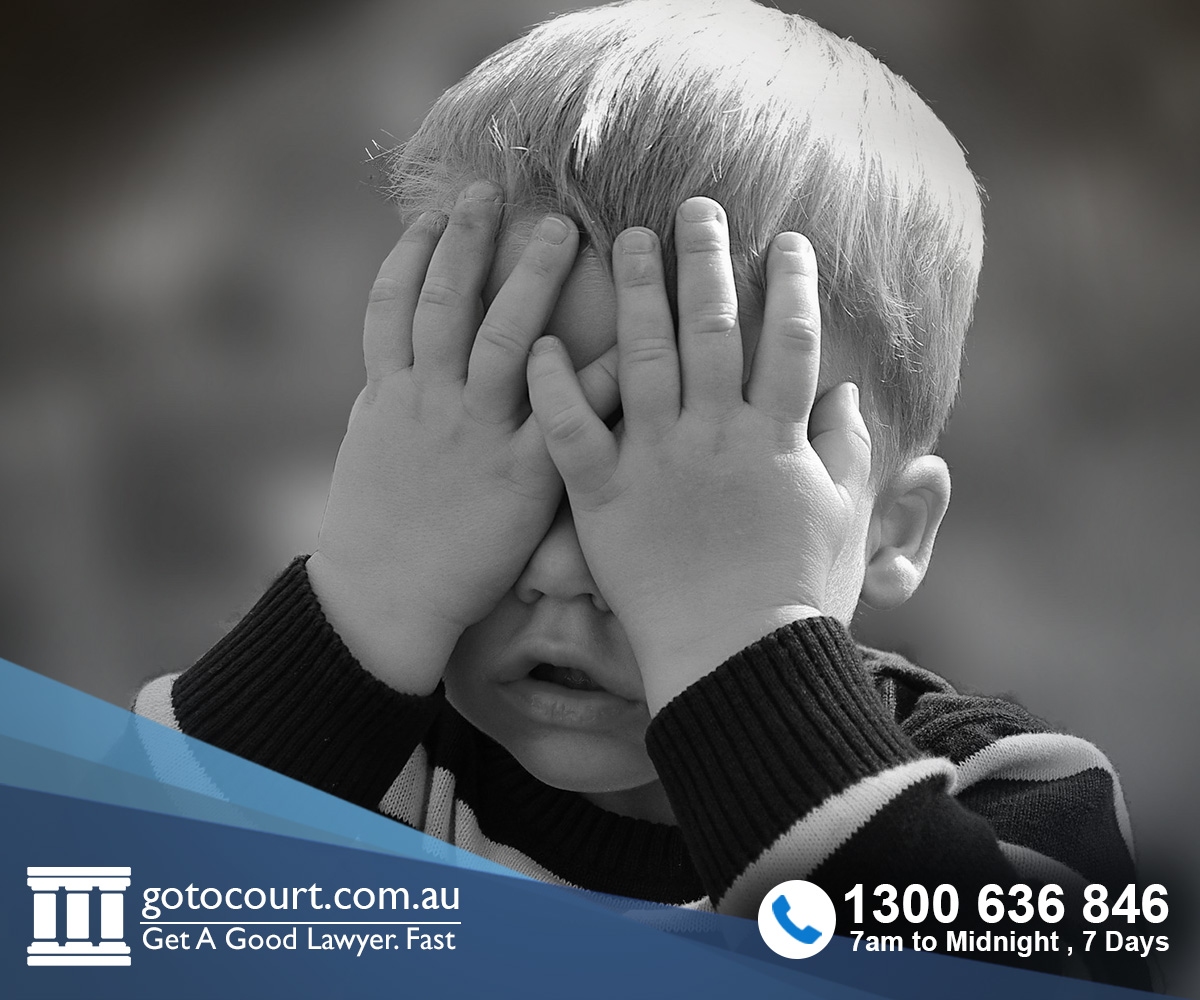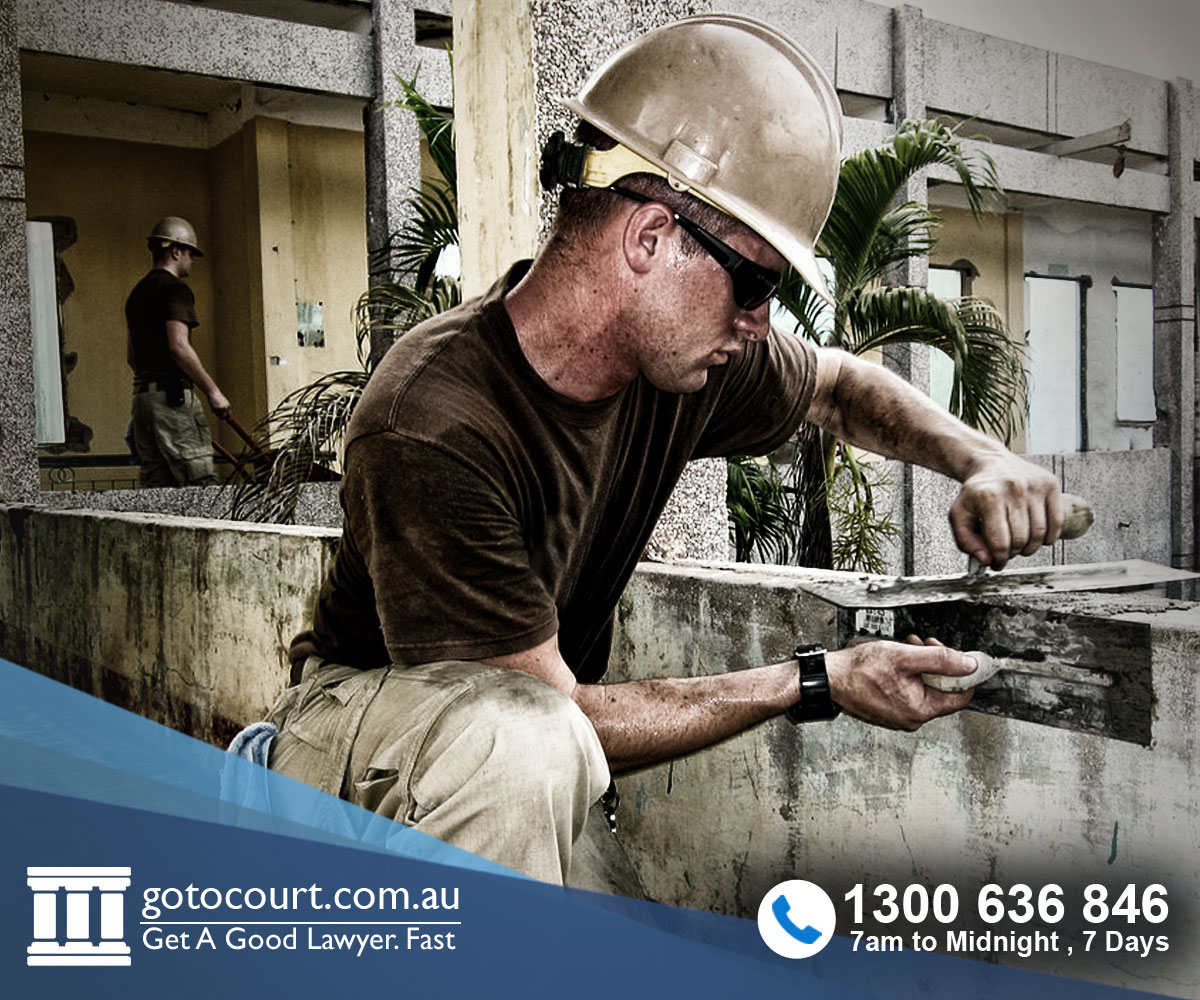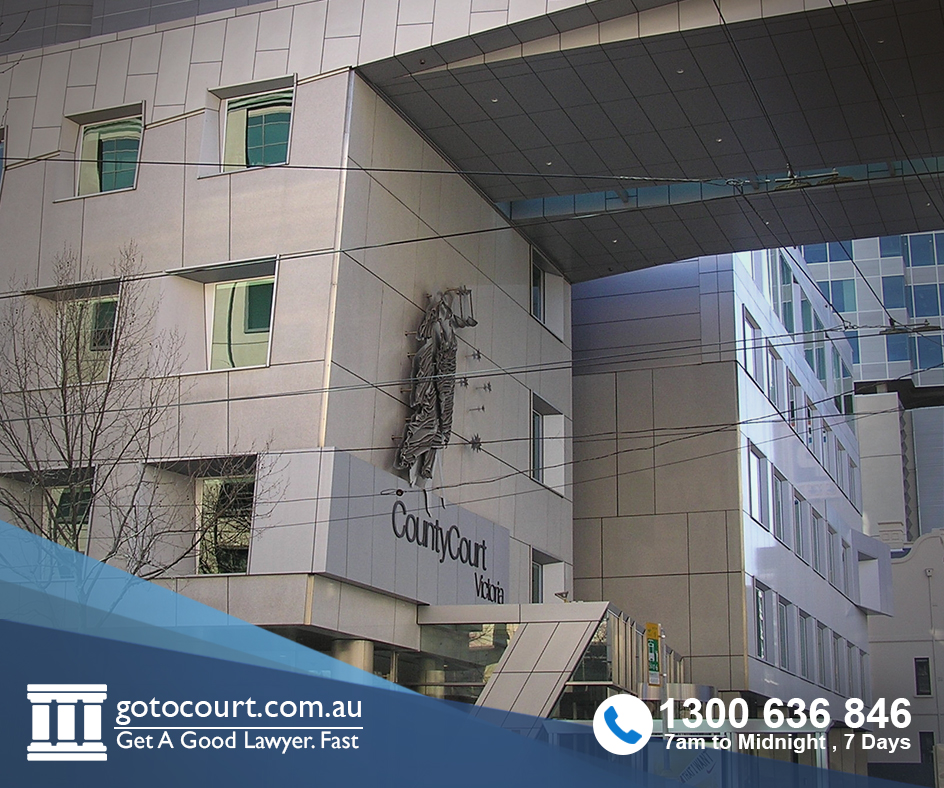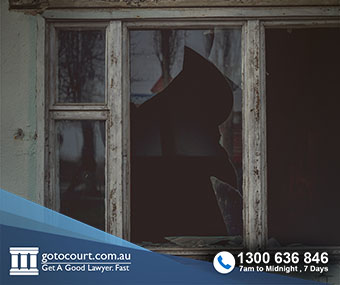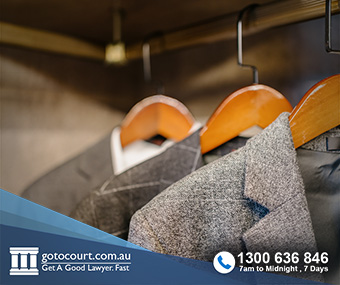Criminal Court Costs Orders in Victoria
In Victoria. courts can make orders for costs in traffic and criminal matters that are dismissed, or where the accused is acquitted at trial. This usually occurs in the Magistrates Court but very rarely in the County Court, or Supreme Court. If costs are awarded in a matter, then the matter may be referred to the Costs Court which is a division of the Trial Division of the Supreme Court. The Costs Court consists of Associated Judges who will review the work performed by the defence lawyer, consider any part the defendant’s actions played in prolonging proceedings, as well as the actions of the police and police prosecutor. This article deals with costs order in criminal matters in Victoria.
Costs in the Magistrates Court
Under Section 131 of the Magistrates Court Act 1989, a magistrate has the discretion to award costs in all proceedings in the Magistrates Court. Therefore if your matter is dismissed, or you are successful at a trial then you can ask the magistrate for costs to be awarded. However, the magistrate will take into consideration any unreasonable act, or omission, that you may have done to prolong the proceeding. Examples of such acts are refusing to make a statement that would have resulted in the police not laying the charges in the first place.
If a costs order is made against a police officer, or police prosecutor then the order is made against the Chief Commissioner of Police.
The costs that are awarded in a costs order will be at the magistrate’s discretion, and may not cover all the legal fees you have been required to pay for a lawyer to represent you. In many cases the magistrate may order that the costs of the proceeding be assessed by the Costs Court before a determination of costs is made. In these situations a copy of your legal invoice will be provided for review. Ultimately, you will still be liable for those costs if they are not paid, or if the amount awarded does not fully cover the legal fees incurred.
Costs in the County Court and Supreme Court
Costs are not normally awarded in the County Court or Supreme, Court. Section78A of the County Court Act 1958, and Section 24 of the Supreme Court Act 1986 do allow judges to make a costs order at their discretion which again may be settled by the Costs Court. However, in practice this rarely occurs.
If you are acquitted in a Country Curt or Supreme Court trial, this does not mean that a a costs order will be made. However, if the judge believes that an act or omission by a party before the commencement of the trial was unreasonable and prolonged the trial then under Section 404 of the Criminal Procedure Act 2009 the judge can direct costs to be paid by the accused, the Crown, or a legal practitioner.
Costs for Appeals
If you have filed an Appeal in the County, or Supreme Court, and your matter is discontinued, or a new trial is ordered then Section 16 of the Appeal Costs Act 1998 allows you to apply for an indemnity certificate. A certificate can also be issued if the conviction is squashed, or set aside, regardless if a new trial is ordered. The certificate will outline the payment of additional costs you may incur as a consequence of a new trial. You can also apply for an indemnity certificate if the prosecution adjourns the matter, incurring you further legal fees as a result. This allows you to apply to the Appeals Cost Board in regard to whether your costs can be claimed. It will be the decision of the board as to whether costs are payable or not. Applications must be made to the board within 12 months of the determination of the matter. The application forms, and maximum fees payable, are available on the Department of Justice website.
If you require legal advice or representation in any legal matter, please contact Go To Court Lawyers.

